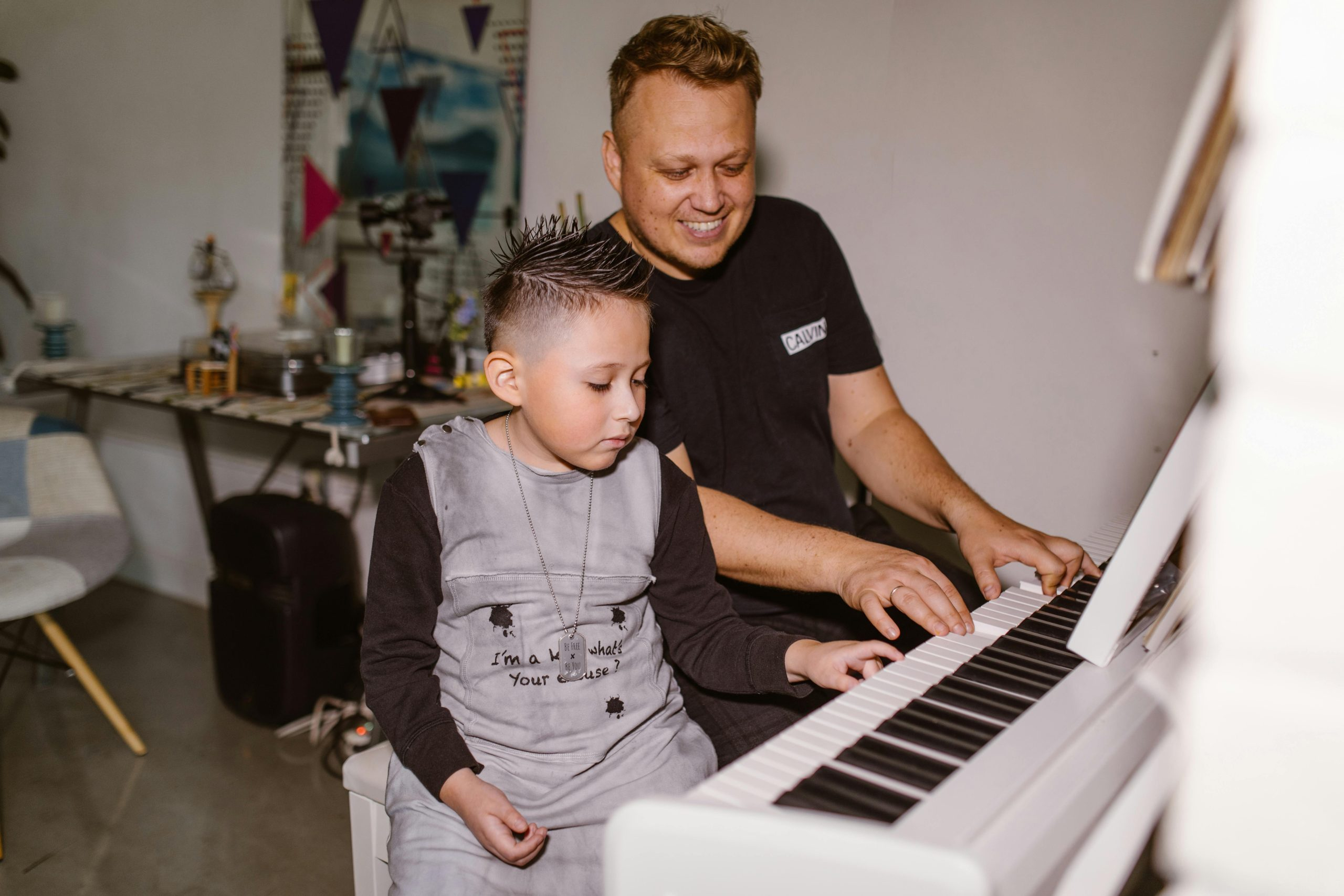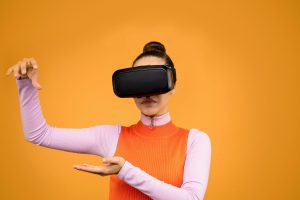How Artificial Intelligence Tutors Support Personalized Learning
Artificial intelligence (AI) has transformed numerous industries and education is no exception. With the rapid advancement of technology, AI has the potential to revolutionize traditional learning methods and personalize education for students. One of the most promising applications of AI in education is through the use of AI tutors. These intelligent tutoring systems utilize algorithms and machine learning to adapt to each student’s unique learning style and provide personalized support. In this article, we will explore how AI tutors support personalized learning and the potential impact they have on the future of education. 
The Rise of Artificial Intelligence Tutors
In the traditional classroom setting, teachers are responsible for instructing a large number of students with varying learning styles and needs. This can be overwhelming for educators, as they must cater to the needs of each student while also trying to cover the curriculum. This is where AI tutors come in, providing a personalized learning experience for each student based on their individual needs and abilities.
AI tutors have been around for over three decades, but recent advancements in technology have brought them to the forefront of education. These intelligent systems utilize natural language processing, machine learning, and big data to create customized learning experiences for students. They can adapt to each student’s pace, progress, and learning style, making the learning process more engaging and effective.
How AI Tutors Support Personalized Learning
Adaptive Learning
One of the key features of AI tutors is their ability to adapt to each student’s learning style. They use algorithms to analyze a student’s performance and provide personalized recommendations for learning materials and activities. For example, if a student excels in written assignments but struggles with math, the AI tutor may provide more practice activities for math while reducing the number of written assignments.
This adaptability allows students to learn at their own pace and in their preferred learning style, increasing their engagement and understanding of the material. It also frees up teachers’ time, allowing them to focus on students who may need additional support or guidance.
Continuous Assessment
AI tutors continuously assess a student’s progress, providing feedback and personalized recommendations. These systems track the student’s performance and can identify areas of strength and weakness. This information helps the AI tutor create a customized learning plan that addresses the student’s specific needs.
In traditional classrooms, assessments are often limited to tests or quizzes, which may not accurately reflect a student’s understanding of the material. With AI tutors, students receive continuous feedback, and teachers have a more comprehensive understanding of a student’s progress, allowing them to intervene and provide additional support when necessary.
Personalized Content
AI tutors use machine learning to analyze a student’s performance and preferences and create personalized learning materials. This could include interactive videos, simulations, or games that are tailored to the student’s learning style and pace. By providing content that is engaging and relevant to the student, AI tutors can increase their motivation and interest in the subject matter.
Personalized content also allows students to explore topics they may be passionate about or need additional help with. This flexibility in learning can lead to a deeper understanding and retention of information.
The Future of Education with AI Tutors
The use of AI tutors for personalized learning in education is still in its early stages, but the potential impact is immense. By providing a customized learning experience for each student, AI tutors can improve learning outcomes and reduce achievement gaps. These systems can also assist in identifying learning disabilities or challenges early on, allowing for timely intervention and support.
Furthermore, AI tutors have the potential to transform the role of teachers in the classroom. With the support of AI tutors, teachers can focus more on individualized instruction and mentorship, fostering a more meaningful relationship with each student.
Conclusion
AI tutors have the potential to revolutionize education by providing personalized learning experiences for each student. These intelligent systems can adapt to each student’s learning style, provide continuous assessment and feedback, and offer personalized content. As technology continues to advance, so will the capabilities of AI tutors, creating a more engaging and effective learning environment for students. It is undoubtedly an exciting time for education, and AI tutors are leading the way towards a more personalized and inclusive future.










